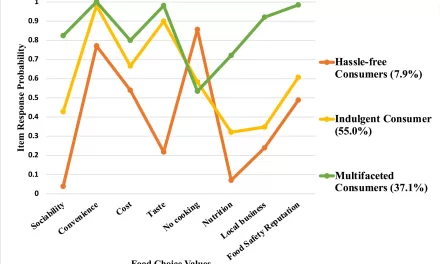Day One Highlights Breakthroughs in Synthetic and Medicinal Chemistry
The 9th “International Symposium on Current Trends in Drug Discovery Research” commenced yesterday at CSIR-Central Drug Research Institute, Lucknow. Dr. Radha Rangrajan, Director of CSIR-CDRI, welcomed distinguished dignitaries and participants to this prestigious event. She emphasized the symposium’s role as a knowledge-sharing platform, fostering networking and research advancements in drug discovery.
“Science Has No Borders”: Dr. N. Kalaiselvi
Chief Guest Dr. N. Kalaiselvi, Director General of CSIR & Secretary DSIR, addressed the audience, underscoring the event’s significance as a hub for global scientific collaboration. She highlighted the vital role of research forums in uniting scientists, industry leaders, and young innovators to drive pharmaceutical advancements. “Science has no borders, and this program is a gateway for global collaboration,” she remarked, urging students to contribute toward making India a global leader in science and technology by 2047.
Quantum Computing and AI to Revolutionize Drug Discovery: Prof. Balram Bhargava
Guest of Honour Prof. Balram Bhargava, Dean and Senior Consultant at Holy Family Hospital, New Delhi, and Former Director General of ICMR, addressed the gathering, stressing India’s strength in drug discovery and pharmaceutical excellence. He pointed out the nation’s expertise in chemistry and its reputation as a global pharmaceutical hub, producing affordable medicines for worldwide healthcare needs. However, he highlighted challenges such as active pharmaceutical ingredient (API) shortages and the urgent need for novel drug discoveries. He emphasized that Quantum Computing and Artificial Intelligence (AI) are set to revolutionize drug research, accelerating development and reducing costs. He further stressed the importance of collaboration and market shaping to ensure innovative solutions reach the masses while maintaining India’s leadership in cost-effective healthcare.
Inaugural Address by Prof. Christopher Robert McCurdy
The inaugural talk was delivered by Prof. Christopher Robert McCurdy, Professor and The Frank A. Duckworth Eminent Scholar Chair at the University of Florida, USA. His presentation, titled “Seeing Pain: From the Lab to the Clinic, a Medicinal Chemist’s Journey,” focused on the role of Sigma-1 receptors in pain management. He discussed the discovery and development of FTC146, a tracer molecule acting as a selective ligand for Sigma-1 receptors. This breakthrough technology, which has completed Phase 1 human clinical trials, has the potential to revolutionize pain management strategies by precisely identifying nerve damage sites.
Advances in Antimicrobial Research: Prof. Courtney C. Aldrich
In Session II, Prof. Courtney C. Aldrich from the University of Minnesota, USA, presented his research on novel antimicrobial drug development through targeting cofactor biosynthesis. He detailed his team’s efforts in designing anti-tubercular agents with unique mechanisms, optimizing them for bioactivity and drug disposition. He shared challenges faced in the optimization process and the integration of mechanism-of-action studies to refine these potential treatments. His talk also covered the development of next-generation Rifamycin derivatives designed to overcome multiple resistance mechanisms.
Innovative Toll-Like Receptor Modulation: Dr. Arindam Talukdar
Dr. Arindam Talukdar from CSIR-Indian Institute of Chemical Biology (IICB), Kolkata, presented his pioneering research on modulating endosomal toll-like receptor (TLR7) activity through chemical subunit interactions. He explained the intricate balance between agonism and antagonism in TLR7 modulators and how chemical modifications can alter receptor activity. His findings suggest that these novel TLR7 modulators could serve as potential therapeutic precursors for immune-related treatments.
The first day of CTDDR-2025 set a dynamic precedent with vibrant discussions, groundbreaking research insights, and knowledge-sharing among global experts. As the symposium progresses, more sessions will continue to inspire new directions in research and development, reinforcing India’s role as a key player in the future of pharmaceutical innovation.
Disclaimer: This article is based on official reports and presentations from the CTDDR-2025 symposium. The views and opinions expressed by speakers are their own and do not necessarily reflect those of CSIR-CDRI or affiliated institutions. Any medical advancements discussed are subject to further research and regulatory approval before clinical application.












